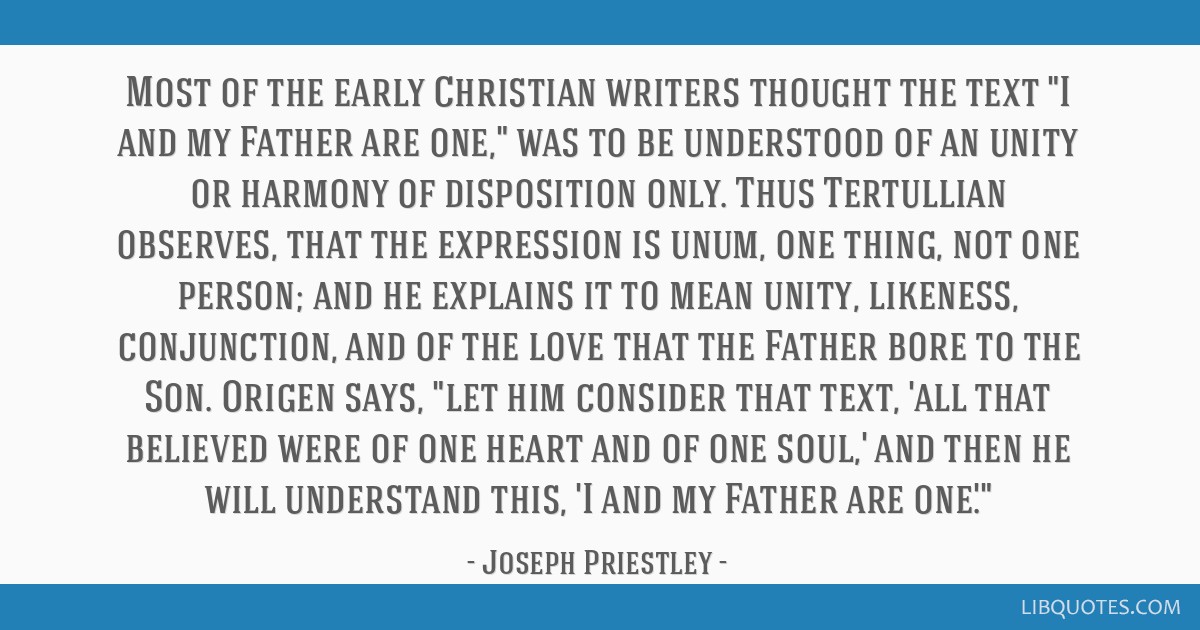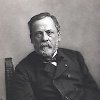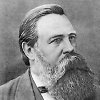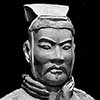Most of the early Christian writers thought the text "I and my Father are one," was to be understood of an unity or harmony of disposition only. Thus Tertullian observes, that the expression is unum, one thing, not one person; and he explains it to mean unity, likeness, conjunction, and of the love that the Father bore to the Son. Origen says, "let him consider that text, 'all that believed were of one heart and of one soul,' and then he will understand this, 'I and my Father are one.'"
Part I : The History of Opinions Relating to Jesus Christ, § III : The Supremacy was always ascribed to the Father before the Council Of Nice - An History of the Corruptions of Christianity (1782)























